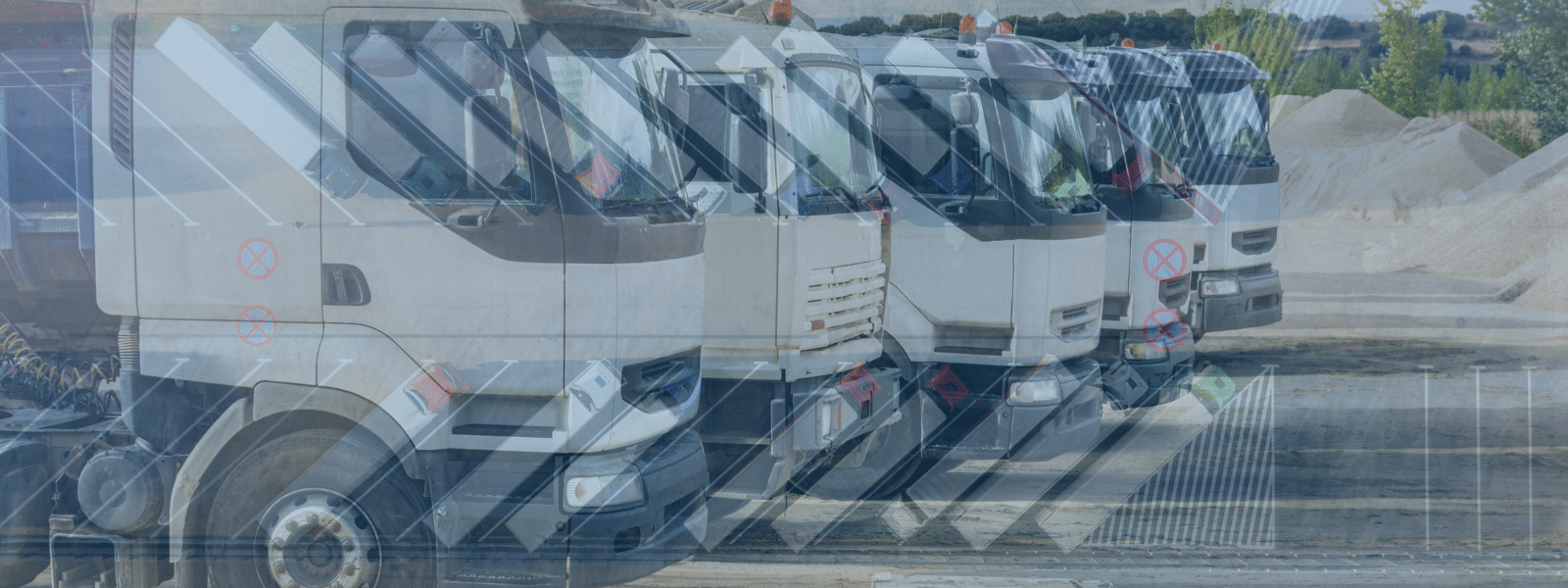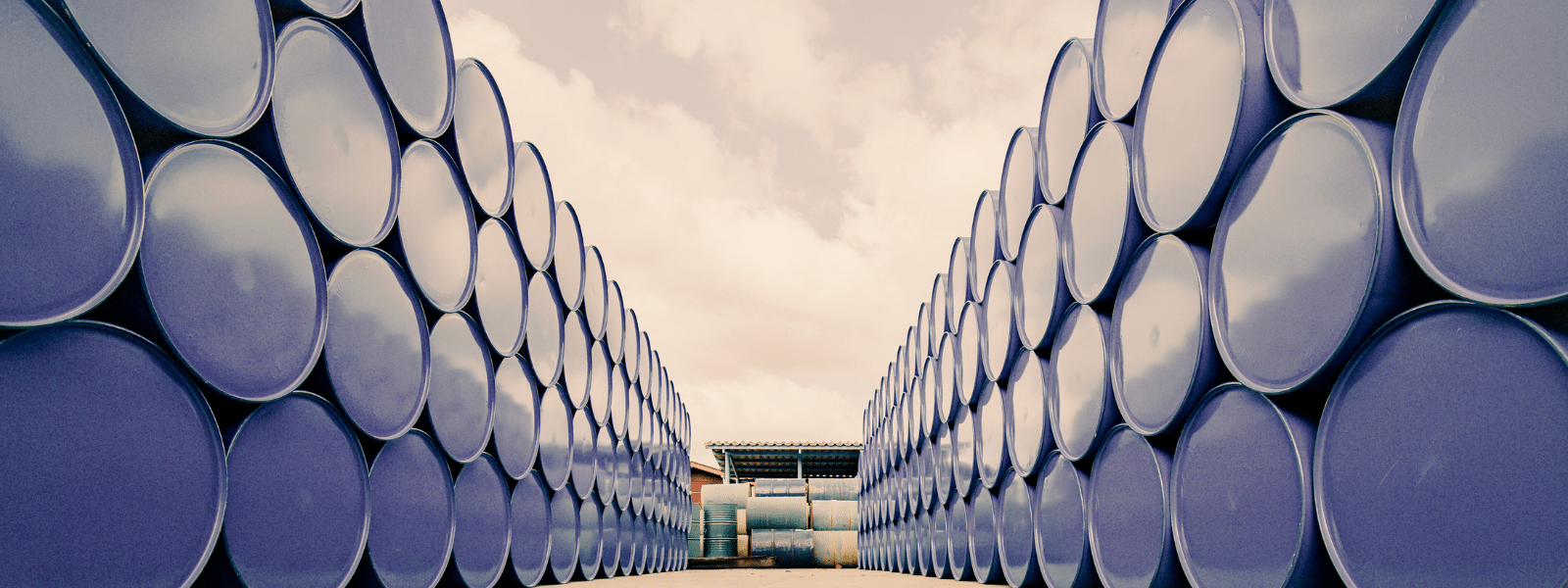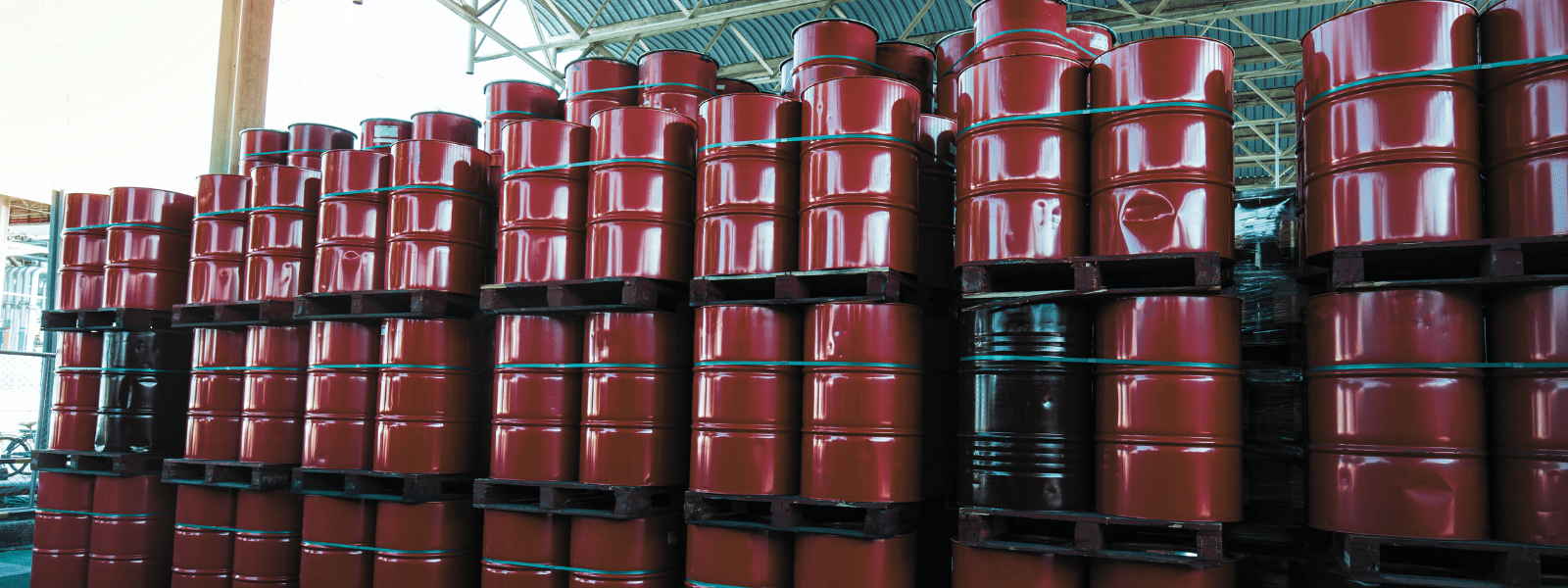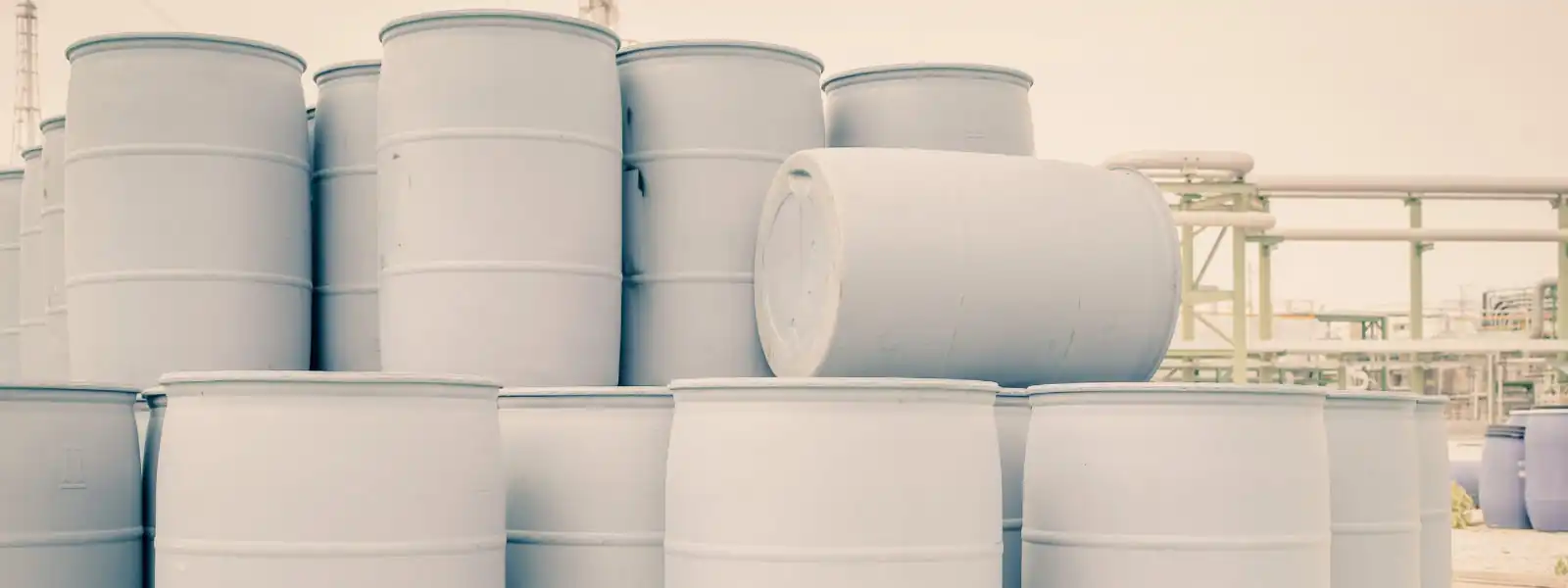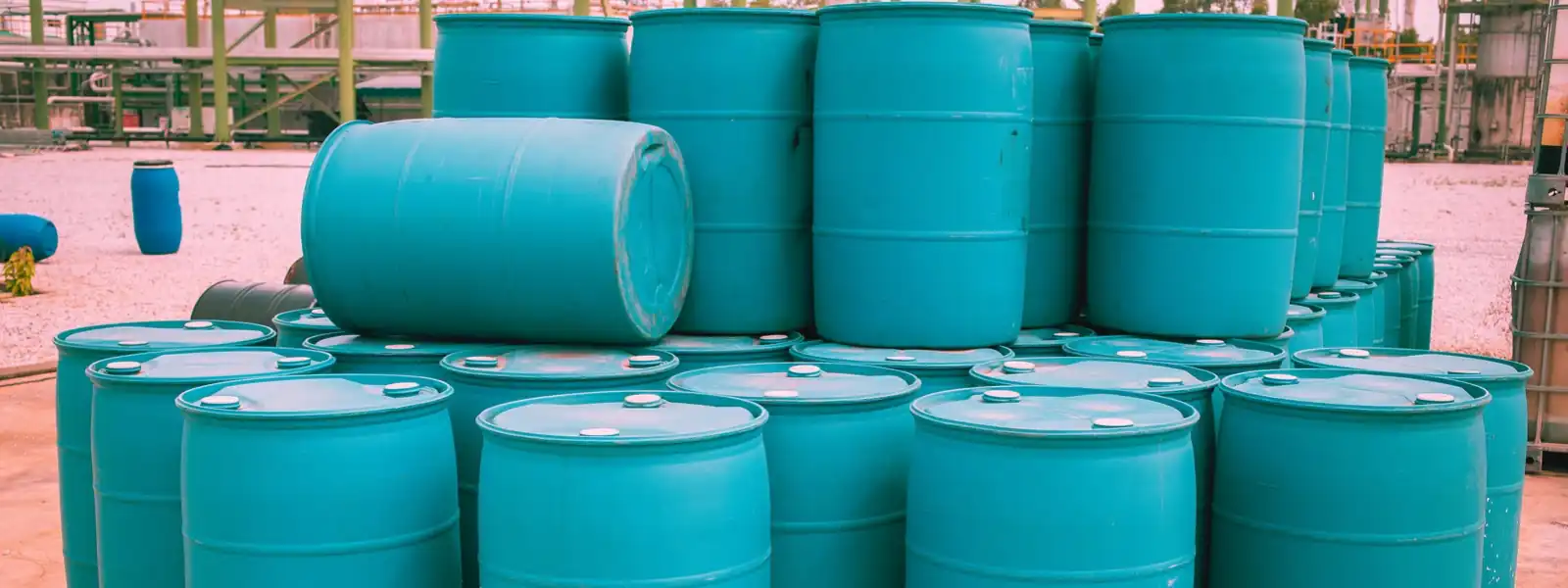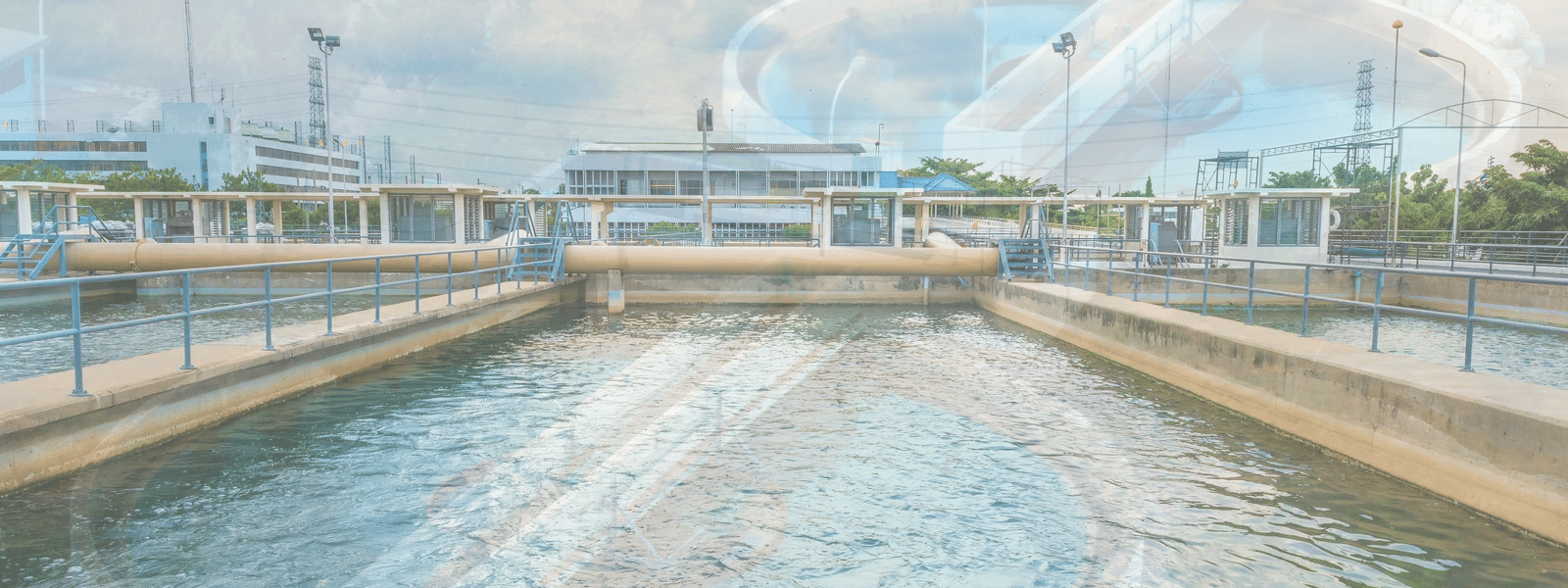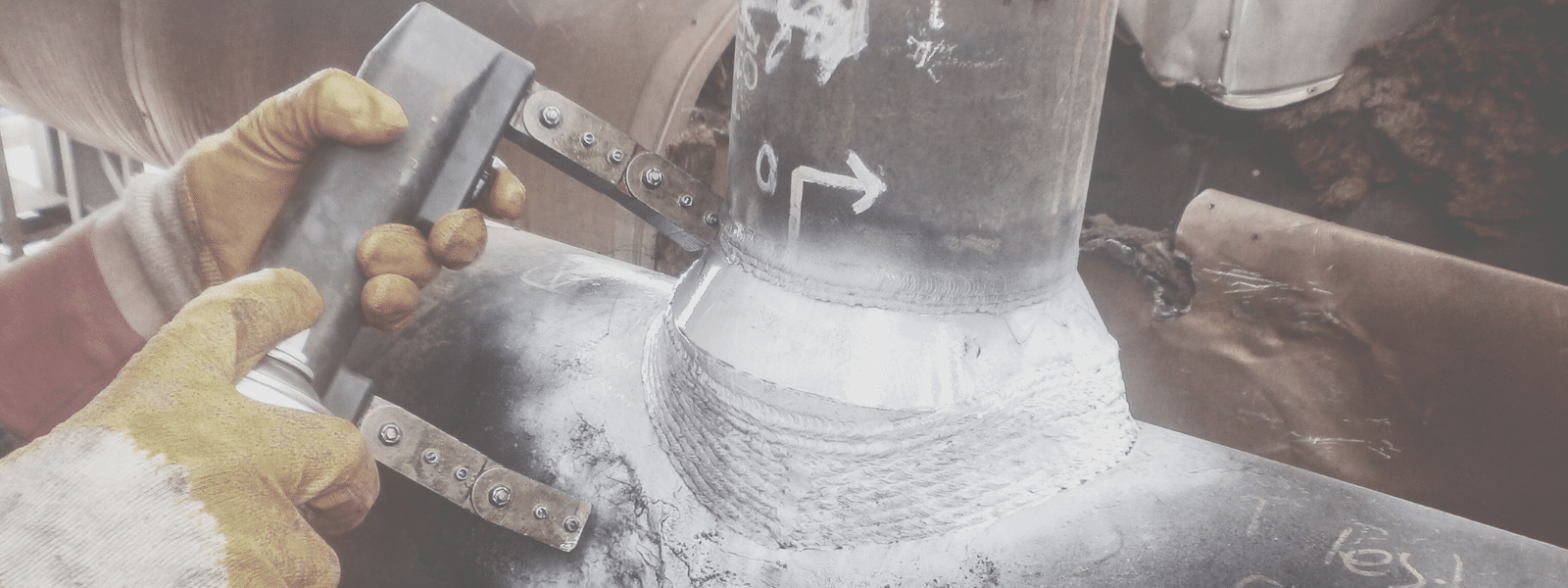Algae is a simple plant and only needs a few things to prosper: water, sunlight, and nutrients like carbon, nitrogen, and phosphorus. This simple recipe makes cooling towers an ideal place for algae to set up shop.
However, accumulation can cause serious problems for the health and efficiency of systems, which is why an understanding of anti-algae chemicals for cooling towers is extremely important.
Examples of Chemicals Used
There are many anti-algae chemicals used to deter growth, and to remove that which has already grown. Some of these chemicals include:
- Carbamates
- Guanides
- Isothiazolines
- Sulfone
- Quaternary Ammonium
- Bis(tributyltin) oxide (TBTO)
- Terbuthylazine (TBZ)
- Tributyltetradecylphosphonium chloride (TTPC)
The efficiency of these various chemicals often depends on the conditions of the cooling water. For example, isothiazolines are only effective in mostly acidic to slightly alkaline conditions (pH 6.5-9.0). Also, some of these chemicals are fine to mix with other biocides, such as chlorine, but others may lose effectiveness when used conjointly. For that reason, it is extremely important to look at all of the additives you are using to make sure they will work harmoniously with each other.
Why Anti-Algae Chemicals Are Important
Controlling the growth that occurs inside a cooling tower is very important for keeping the system working. Algae buildup can clog nozzles, pipes, pumps, and filters can quickly cause clogging that will prevent the proper flow of water.
A coating of plant matter can also decrease the efficiency of heat transfer by insulating the cooling membranes. If you’ve ever touched metal on a hot day, then you are probably familiar with metal’s conductive ability, which is part of what makes cooling towers work so well. However, compare that to touching something fluffy or fuzzy, like grass or fabric. Those substances will not feel as hot, showing how they do not transfer heat easily. When algae or other microorganisms coat the metal in a cooling tower, the heat intended to move into the water will be trapped inside.
Additionally, large growths of algae can lead to the accumulation of Legionella pneumophila, bacteria that thrive on the growth’s byproducts. Legionella is responsible for Legionnaires disease, a serious type of pneumonia that can be contracted by breathing in water droplets or ingesting water that contains the bacteria. While cooling towers are not usually situated near areas with lots of people, these water droplets can travel far, and their design makes the aeration of water easy.
Interested in Anti-Algae Chemicals?
Reducing microorganism growth in industrial machinery is extremely important for increasing the efficiency of the system and preventing damage. At Ecolink, we offer many of the chemicals suggested for algae control. For help with this issue, or any other industrial problem you might have, please reach out today!







